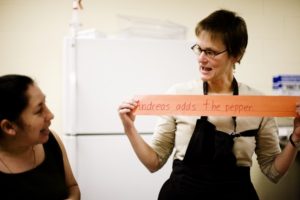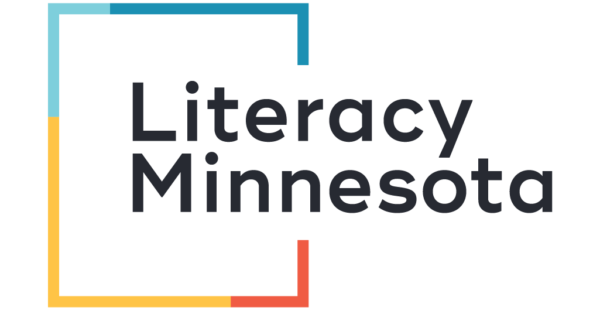New Canvas Course: Teaching Reading to Adults (Self-Paced)
ATLAS is excited to announce the launch of a new self-paced Canvas course, Teaching Reading to Adults. This course offers a deep dive into evidence-based reading instruction (EBRI) for adults and provides a flexible, asynchronous learning opportunity, enabling participants to enhance their skills in assessing and teaching adult learners. Participants can earn CEUs while gaining practical tools for assessing and improving reading skills in alphabetics, fluency, vocabulary, and comprehension. Read More

 Evidence-Based Reading Instruction or EBRI is a set of practices proven to increase the reading achievement of a particular student population (including children, adolescents, and adults).
Evidence-Based Reading Instruction or EBRI is a set of practices proven to increase the reading achievement of a particular student population (including children, adolescents, and adults).

